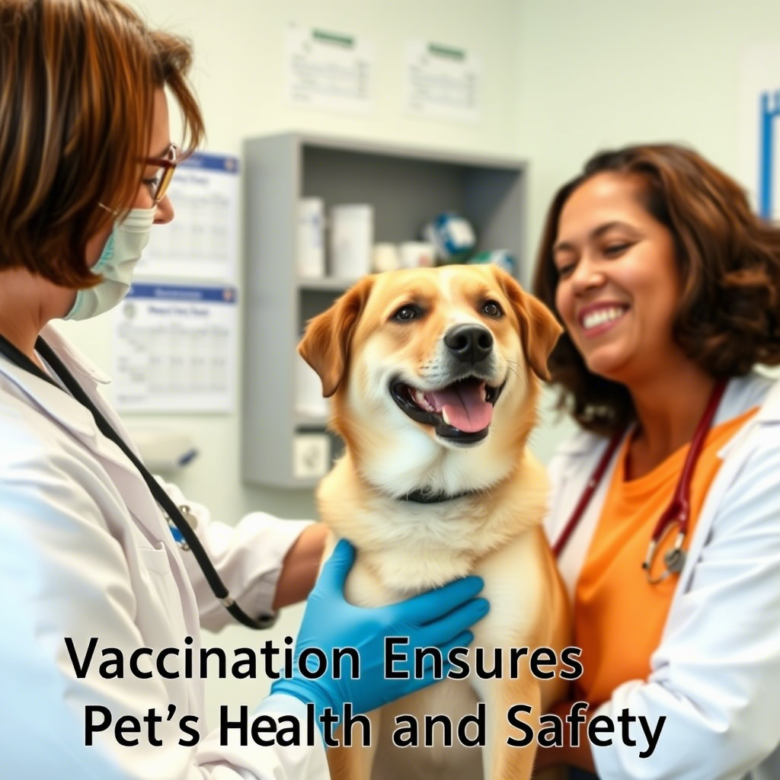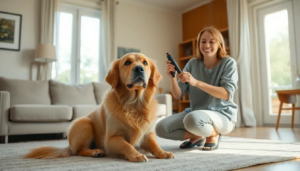Learn why vaccinating pets is key to their health and your family’s safety
Vaccinating Is Protecting Your Best Friend
Vaccination is one of the most important parts of responsible pet ownership
It protects pets from dangerous diseases and prevents the spread of infections
Vaccination isn’t just care — it’s commitment
Major Diseases Prevented by Vaccines
Vaccines shield pets from many serious and contagious diseases
For dogs
Distemper
Parvovirus
Leptospirosis
Canine hepatitis
Rabies
For cats
Feline panleukopenia
Calicivirus
Feline viral rhinotracheitis
Feline leukemia
Rabies
Rabies vaccination is required by law in many places because of human health risk
Types of Vaccines and Scheduling
Vaccines are usually divided into two groups
Core vaccines — essential for all pets
Non-core vaccines — based on lifestyle and environment
Basic vaccination schedule
Puppies and kittens start at 6 to 8 weeks
Booster shots around 12 and 16 weeks
Annual revaccinations as needed
Risks of Not Vaccinating
Skipping vaccines can bring serious consequences
Exposure to deadly diseases
High-cost treatments
Weakened immunity
Transmission to other animals and humans
Safe Vaccination Practices
Make sure your pet is healthy before getting shots
Also remember
Visit trusted veterinary clinics
Keep records up to date
Avoid street-sold or unregulated vaccines
Protect What Matters Most
Vaccinating your pet means giving them a longer, safer life
It also protects your home and community
Talk to your vet today and keep your pet’s vaccinations current — their health depends on it

